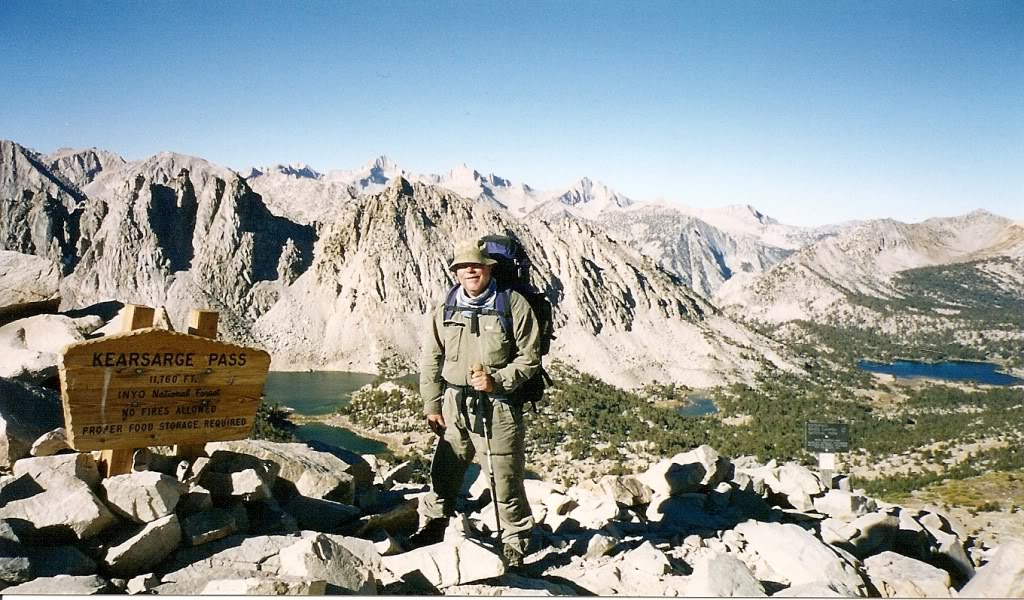Wil
Senior Member
- Joined
- Jul 8, 2013
- Messages
- 187
- Location
- US
- Vessel Name
- Gone Walkabout
- Vessel Make
- 1999 KadeyKrogen 39
What do you do to minimize your power footprint, thus allowing longer, quieter stays on the hook? Looking for your experience with, say, absorption cycle or eutectic or high efficiency 12v refrigeration, high quality windmills, solar cell setups, what-have-you. Ways to stay away from the AC generator as long as possible. Anybody out there with solid experience with off-grid dirt homes?
This thread could include stuff not yet on the market like the low wind speed archimedes windmill:
, stuff well established e.g. highly efficient refrigerators like this: Sun Frost Energy Efficient Refrigerators, very quiet and conventional windmills like this one: superwind Gmbh, and so on.
It looks like we are soon going to have our very own Krogen 42, yay. It has an AC generator on it that I (and surely others) would like to minimize the running of. Ideas on this thread given by those who are actually doing it, and those who have good practical ideas of how to go about doing it. This is just a *Thought Exercise* and a place to speculate, so please members of the Marine Orthodoxy Council and Lecturers About the Norm please keep it down to a dull roar or nothing, thanks. We obviously all keep in mind that we don't want to burn our boats to the waterline. Well-reasoned out speculation; hard dirt off-grid experience; what works well right now for you; any kind of serious outside the box thinking--bring it on! Hope this might be of interest to others

 ??
??
This thread could include stuff not yet on the market like the low wind speed archimedes windmill:
It looks like we are soon going to have our very own Krogen 42, yay. It has an AC generator on it that I (and surely others) would like to minimize the running of. Ideas on this thread given by those who are actually doing it, and those who have good practical ideas of how to go about doing it. This is just a *Thought Exercise* and a place to speculate, so please members of the Marine Orthodoxy Council and Lecturers About the Norm please keep it down to a dull roar or nothing, thanks. We obviously all keep in mind that we don't want to burn our boats to the waterline. Well-reasoned out speculation; hard dirt off-grid experience; what works well right now for you; any kind of serious outside the box thinking--bring it on! Hope this might be of interest to others

 ??
??
